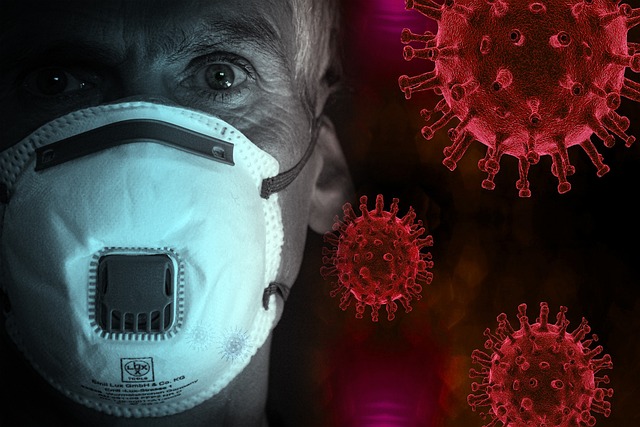
Risk of COVID-19 Transmission during Air Travel: Safety Precautions and Recommendations
Travelers should adhere to safety strategies, including mask-wearing, physical distancing, surface disinfection, and hand hygiene practices, to minimize COVID-19 transmission risks during air travel, supporting safe travel initiatives and public health measures.
June 2021

Debunking Persistent COVID-19 Myths: Biases and Misinformation
Persistent COVID-19 myths and their influence on public behavior are examined, emphasizing the role of biases and false beliefs in perpetuating misinformation and the importance of science communication in addressing misconceptions.
June 2021
Effectiveness of Strict Social Distancing in Controlling Contagion: Predictive Modeling Insights
Predictive modeling studies suggest that strict social distancing measures significantly reduce the probability of contagion, providing valuable insights into the effectiveness of public health interventions in mitigating infectious outbreaks.
May 2021
Underestimation of Aerosol Transmission: Clarification and Implications
Aerosols, suspended particles capable of airborne transmission, are underestimated in their role in disease spread, highlighting the need for enhanced infection control measures and public health interventions to mitigate aerosol transmission risks.
May 2021

Refractory Gastroesophageal Reflux Disease: Clinical Challenges and Management Strategies
Refractory gastroesophageal reflux disease presents clinical challenges in symptom management and treatment optimization, highlighting the need for comprehensive evaluation and personalized therapeutic approaches in affected individuals.
May 2021

Long-Term Consequences of COVID-19: Post-Acute Syndrome Recognition
Post-acute COVID-19 syndrome, characterized by persistent symptoms and complications beyond acute infection, underscores the importance of recognizing and addressing long-term health impacts in COVID-19 survivors, regardless of initial disease severity.
May 2021

Long-Term Consequences of Coronavirus Infection: Post-COVID Syndrome Spectrum
Some individuals continue to experience persistent symptoms and complications, including fatigue, lung damage, and other long COVID symptoms, months after SARS-CoV-2 infection, highlighting the need for ongoing research and clinical management in post-COVID syndrome.
April 2021

Nosocomial COVID-19 Incidence in Hospitalized Patients: Infection Control Implications
Robust infection control practices are associated with minimal risk of nosocomial spread of COVID-19 to hospitalized patients, underscoring the importance of adherence to preventive measures in healthcare settings to mitigate transmission risks.
April 2021

Extrapulmonary Manifestations of Respiratory Syncytial Virus Infection: A Systematic Review
A systematic review examines extrapulmonary manifestations of severe respiratory syncytial virus infection, providing insights into the diverse clinical presentations and complications associated with RSV infection beyond the respiratory tract, informing comprehensive management approaches for affected patients.
March 2021

COVID-19 Infection Prevention and Control for Healthcare Personnel: Universal Application of Practices
Infection prevention and control practices intended for all patients, irrespective of COVID-19 status, underscore the importance of universal precautions and adherence to standard protocols to mitigate transmission risks in healthcare settings, ensuring the safety of both patients and healthcare personnel.
March 2021















